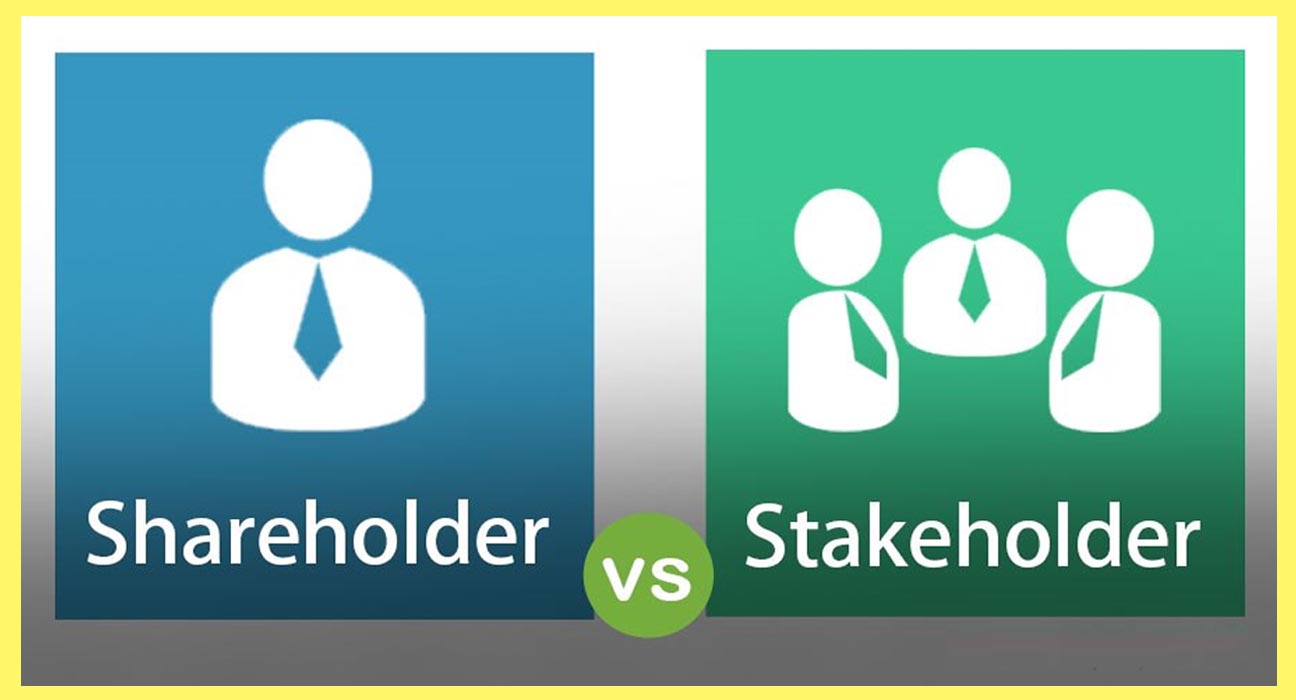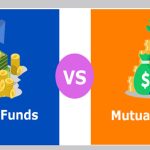People rarely have clear knowledge about Stakeholder vs Stockholder. There are many differences between Stockholders and stakeholders.
Shareholders are always stakeholders in a corporation, but stakeholders are not always shareholders. A shareholder owns part of a public company through shares of stock, while a stakeholder has an interest in the performance of a company for reasons other than stock performance or appreciation.
What is a stockholder?
A stockholder is an individual or institution that owns a share of a public company’s equity, a representation of partial ownership of a company’s financial assets.
Stockholders invest in businesses through the stock market hoping to receive financial gain through the company’s profits.
They may store these assets in 401(k)s, a personal portfolio, an IRA or another tax-advantaged savings plan.
While these investors own part of an organization, they’re not responsible for any company debt or legal matters within the organization.
Stockholders receive certain rights as partial owners of a public company, including:
-
Voting rights: Stockholders may have voting rights within a company to influence important business decisions, such as who serves on the board of directors or company policies.
-
Dividends: Stockholders receive periodic payments, called dividends, as the value of a company’s stock increases.
-
Residual assets: Stockholders may have a claim to any residual assets in the event of company liquidation.
Related: Common Stock vs Preferred Stock
What is a stakeholder?
A stakeholder has an interest in the long-term success of an organization that may or may not relate to the financial interest of owning a part of its public stock.
Stockholders are always stakeholders of a company, but stockholders are not always stakeholders. Examples of stakeholders include:
-
Owners and shareholders: Business owners and stockholders may be stakeholders of a company because of their financial interest in the success of an organization. For stockholders, the profitability of a company may result in a greater return on their investment.
-
Employees of the company: Employees of the company are often some of the most important stakeholders, because the success of the company may determine their continued employment and regular salary.
-
Customers: Customers are valuable stakeholders of a company because the availability and quality of goods and services provided directly affect them. Customers may care about the success of an organization in order to preserve their access to important products and services.
-
Suppliers and vendors: Third-party companies like suppliers and vendors may be stakeholders that benefit from the success of a company because they profit from providing goods and services to the organization.
Stakeholder vs Stockholder
Stockholders are partial owners of the companies in which they purchase stock and have access to certain rights associated with ownership.
Stakeholders, apart from business owners, rarely have any claims of ownership to the company in which they have interests.
A shareholder can sell their stock and buy different stocks; they do not have a long-term need for the company. Stakeholders, however, are bound to the company for the long term and for reasons of greater need.
Key Points:
- Shareholders are always stakeholders in a corporation, but stakeholders are not always shareholders.
- Shareholders own part of a public company through shares of stock; a stakeholder wants to see the company prosper for reasons other than stock performance.
- Shareholders don’t need to have a long-term perspective on the company and can sell the stock whenever they need to; stakeholders are often in it for the long haul and have a greater need to see the company prosper.
Note: Stakeholders and shareholders often have competing interests depending on their relationship with the organization or company.
Importance of knowing the difference between stockholders and stakeholders?
It’s important to understand the differences between stockholders and stakeholders so that businesses can make informed decisions that benefit both parties.
Often, a circumstance that benefits a stockholder may be disadvantageous to a stakeholder or vice versa. For example, if a company cuts costs by laying off a percentage of its employees, the stakeholders may lose their employment or salary.
However, the stockholders of the same company may receive an increased return on their investment as costs decrease and profits increase because of the reduction in staffing.
The effects of company decisions on stockholders and stakeholders influence the opinions of potential investors.
For example, a car manufacturing company increases their production of a particular model even though sales of that model have been steadily declining.
While this may produce a positive outcome for the stakeholders of the company by increasing employment opportunities, expanding salaries and boosting the local economy, stockholders may see a decrease in their dividends.
This may persuade investors to seek opportunities with other organizations to minimize risk to their portfolios.





